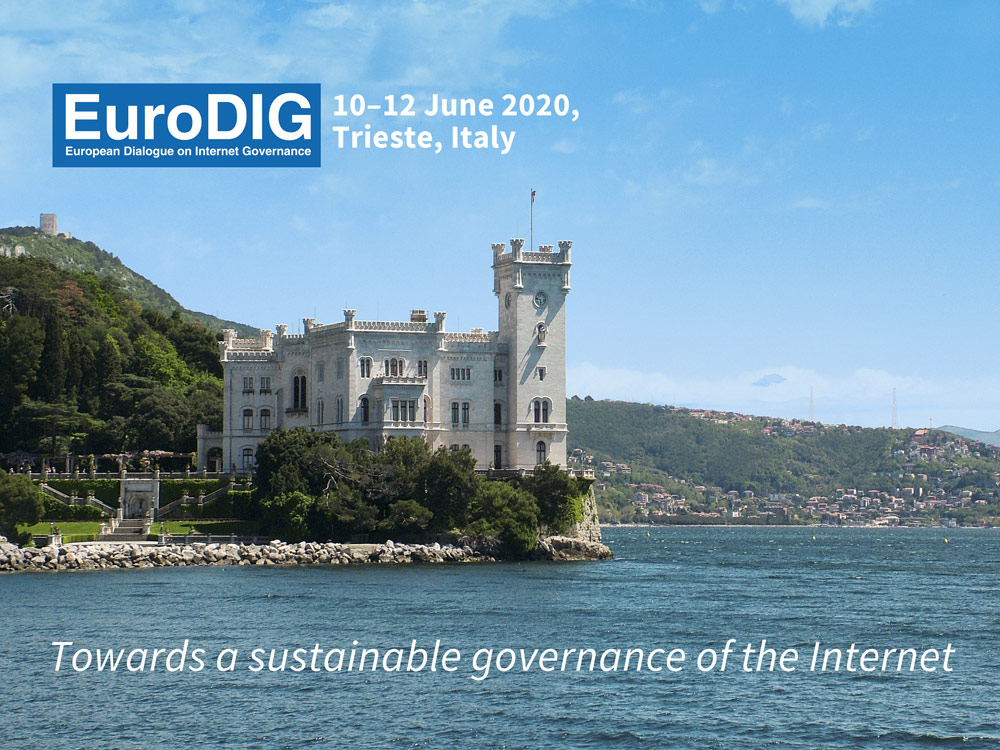Criminal justice in cyberspace: What’s next?
11 Jun 2020 14:30h - 16:00h
Event report
The session was co-moderated by Ms Tatiana Tropina (Institute of Security and Global Affairs at Leiden University) and Ms Ceren Unal (Internet Society), who invited the speakers to address the challenges of criminal justice in cyberspace related to laws and regulation and their enforcement online.
They also asked the panellists to comment on balancing the rule of law with fundamental rights and on ways to enable effective and efficient co-operation in all these matters.
Ms Marina Kaljurand (Member of European Parliament) noted that there is an understanding that certain types of online material, such as terrorist content, must be removed and prevented from re-uploading. However, this common understanding still meets practical obstacles in finding the right balance in controlling online content without violating fundamental human rights. Kaljurand therefore stressed the need to find common definitions for certain kinds of content so that unified, cross-border approach may enforce its removal. She also underlined that different understandings of human rights which make such a united approach very difficult. Accordingly, she is very sceptical of finding common ground on these matters in venues such as the United Nations and spoke in favour of alliances of like-minded states together with all relevant stakeholders. Kaljurand further indicated that online platforms should not be left with the responsibility to identify and remove criminal content. They should rather be enabled to act on such content according to legal definitions.
Mr Pavel Gladyshev (University College Dublin) explained that the increasing criminal use of encryption and anonymisation techniques is one of today’s biggest challenges for law enforcement online. Gladyshev linked these challenges to the lack of communication between policymakers and technology developers. Considering both that it is almost impossible to produce entirely secure software at affordable prices and that companies are rarely incentivised to do so, regulation can do its part in changing the current status quo. Speaking about the use of artificial intelligence (AI) for law enforcement purposes, Gladyshev recognised that the technology is very promising, but still faces some inherent problems that will reduce its usefulness for law enforcement. Additionally, he noted that avoiding reliance on AI in these contexts may also help reduce the fear of blanket surveillance of the general population.
Mr Christian Berg (Founder of Safer Society Group, CEO Paliscope) highlighted the problem of forcing online platforms to remove content, given that force will lead them to protect themselves and introduce censorship. This can already be observed in the context of platforms having to report potential child abuse content; where companies are reporting a lot of content in an effort not to miss anything for which they might be liable. Berg noted that we need to think of ways to incorporate AI in the workflow considering the vast amounts of data available and needed to be screened. Additionally, Berg mentioned the need to democratise technology to enable more officers to incorporate it into their skill sets to help them solve crimes.
Mr Markko Kunnapu (Legal adviser in the Ministry of Justice of Estonia and member of the CoE Bureau of the Convention Committee on Cybercrime (T-CY)) stressed that the definition of criminal content varies across jurisdictions and, therefore, creates hurdles for international co-operation in the prosecution of online crime. These challenges can be mitigated by common legal bases, but which would create another set of problems if a government decides not to comply with them. He further identified the lack of capacities, resources and competent authorities as challenges for criminal justice in cyberspace. Kunnapu pointed out the fragmentation that already exists with regard to legal standards and noted that this trend could grow given the number of institutions working on the matter. He, therefore, underlined the importance of not falling below certain standards that have already been put in place, such as the Budapest Convention.
By Cedric Amon
Related topics
Related event

